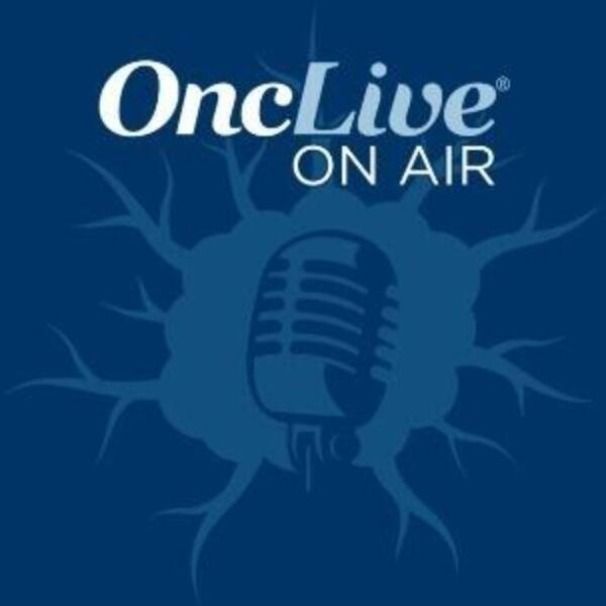Video
Dr. George on Long-Term Data on Total Neoadjuvant Therapy in Rectal Cancer
Thomas J. George, MD, FACP, discusses long-term data from the phase 2 NRG-GI002 trial of total neoadjuvant therapy in locally advanced rectal cancer.
Thomas J. George, MD, FACP, professor, Department of Medicine, Division of Hematology & Oncology, and director, Gastrointestinal Oncology Program, University of Florida, discusses long-term data from the phase 2 NRG-GI002 trial (NCT02921256) of total neoadjuvant therapy (TNT) in locally advanced rectal cancer.
The multi-institutional, platform study investigated the effect of pembrolizumab (Keytruda) or veliparib (ABT-888) plus neoadjuvant chemoradiation therapy on survival outcomes in patients with stage II/III locally advanced rectal cancer who previously completed neoadjuvant FOLFOX, George begins. The platform study included parallel experimental arms and was therefore not intended for direct comparison between regimens.
Arm 1 aimed to enhance the DNA-damaging effects of radiation therapy and prevent tumor recovery using the PARP inhibitor veliparib. Arm 2 administered the PD-1 inhibitor pembrolizumab both during and after treatment with chemoradiation therapy to potentially increase neoantigenic burden with radiation and improve tumor immunogenicity.
Previously reported data showed that while the addition of pembrolizumab to chemoradiation therapy was safe and tolerable, it did not improve the neoadjuvant rectal (NAR) score in this population, George states. Disease-free survival (DFS) and overall survival (OS) were not reached.
Long-term follow-up data from this trial were presented at the 2023 ASCO Gastrointestinal Cancers Symposium and confirmed that neither therapy improved short-term outcomes in unselected patients compared with neoadjuvant chemoradiation therapy alone, George continues. These include pathologic complete response, NAR score, sphincter preservation improvements, andclinical complete responses. Moreover, 3-year survival outcomes were not significantly improved with the addition of veliparib to TNT. Pembrolizumab plus TNT did improve 3-year OS but did not significantly increase NAR score or DFS, he explains.
Future directions for this research include correlative biomarker analyses to potentially identify subgroups who may derive benefit from these targeted approaches, George concludes.









